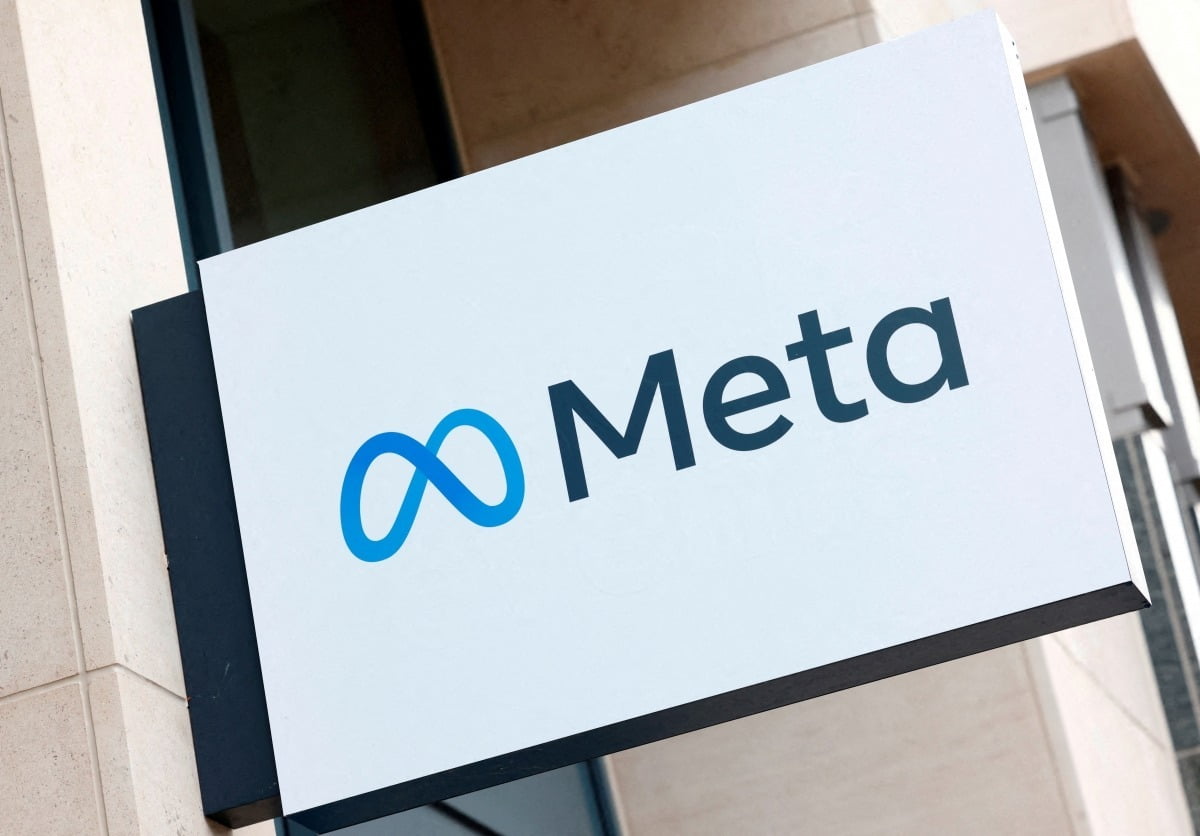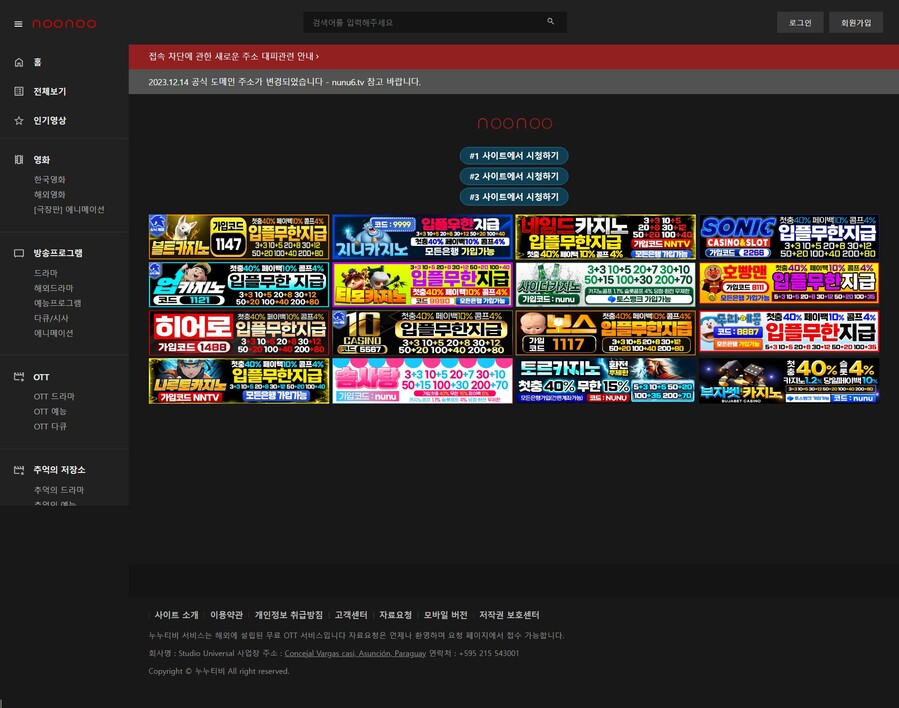Photo = REUTERS Facebook’s parent company Meta faces an anti-trust lawsuit. This is because the court accepted the argument that Instagram and WhatsApp were acquired for a large amount of money in the past to limit competition in the market.
On the 13th (local time), the U.S. District Court in Washington DC accepted Meta’s request to dismiss the Federal Trade Commission’s (FTC) antitrust lawsuit alleging that Facebook (now Meta) acted illegally to maintain its monopoly in the social media market. I refused. Previously, the FTC filed an antitrust lawsuit in 2020 during the Trump administration, claiming that Facebook acquired Instagram and WhatsApp at excessive costs in 2012 and 2014, respectively, to eliminate the initial threat of competition. In response, Mehta had asked the court to dismiss the lawsuit, arguing that the two acquisitions were not intended to restrict competition.
Judge James Boasberg upheld the FTC’s claim that Facebook paid too much to acquire Instagram and WhatsApp to eliminate early competitors. In particular, it ruled that Mehta’s argument that the WhatsApp acquisition strengthened its position against Apple and Google and thereby promoted competition was unacceptable. However, the FTC’s claim that Facebook restricted the entry of external app developers into its platform was rejected.
Meta immediately objected. Mehta criticized this ruling for relying on an overly narrow view of the social media market. In particular, he urged that the entire lawsuit be dismissed, saying it did not take into account competition with TikTok, YouTube, and X (formerly Twitter). On this day, Meta released a statement under the name of its spokesperson saying, “We will prove during the trial that the acquisition of Instagram and WhatsApp was good for competition and consumers.” On the other hand, FTC spokesman Douglas Farrar said, “It is the result of a bipartisan effort to reduce Meta’s monopoly and restore competition to ensure freedom and innovation in the social media ecosystem.”
The lawsuit that Meta is facing with today’s ruling is one of the five major antitrust lawsuits currently underway in the United States. Currently, Amazon, Apple, and Alphabet are also involved in a large-scale antitrust lawsuit led by the FTC and the Department of Justice. Among these, Alphabet is simultaneously proceeding with two lawsuits, including a monopoly in the search market and a monopoly in the online advertising market. The previous day, Meta had announced a 40% reduction in subscription service fees excluding advertisements for Facebook and Instagram in the EU in response to anti-monopoly pressure from the European Union (EU) executive branch.
However, there are also expectations that the U.S. government’s antitrust lawsuit pressure on Big Tech will decrease under the new Trump administration. Some believe that President-elect Trump is likely to fire FTC Chairman Lina Khan and scrap the merger and acquisition (M&A) guidelines the FTC issued last year.
Silicon Valley = Correspondent Song Young-chan [email protected]


